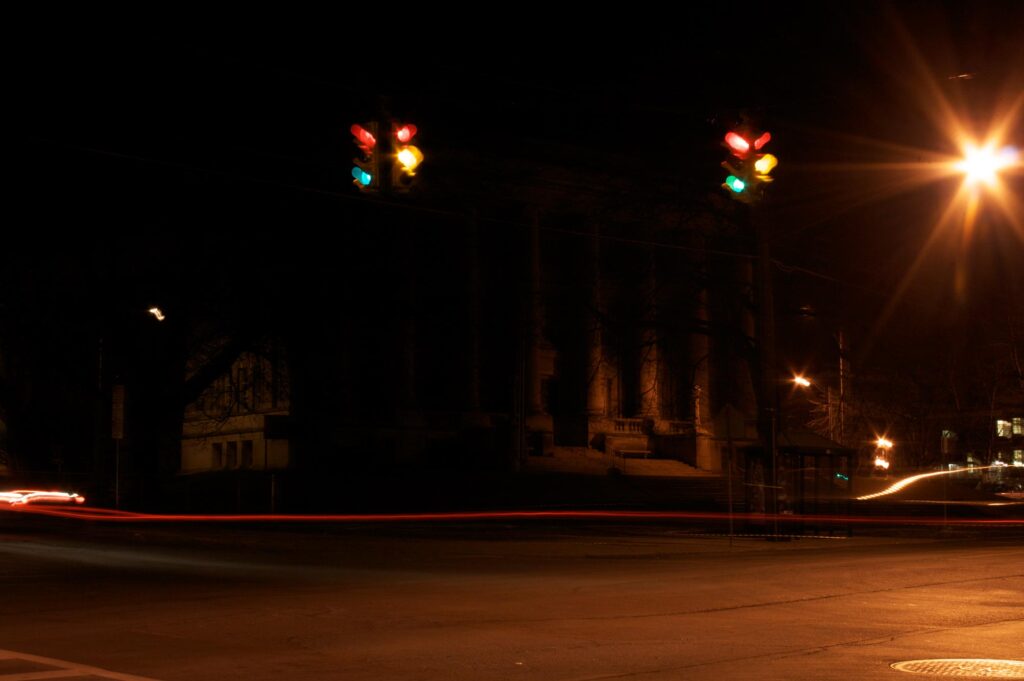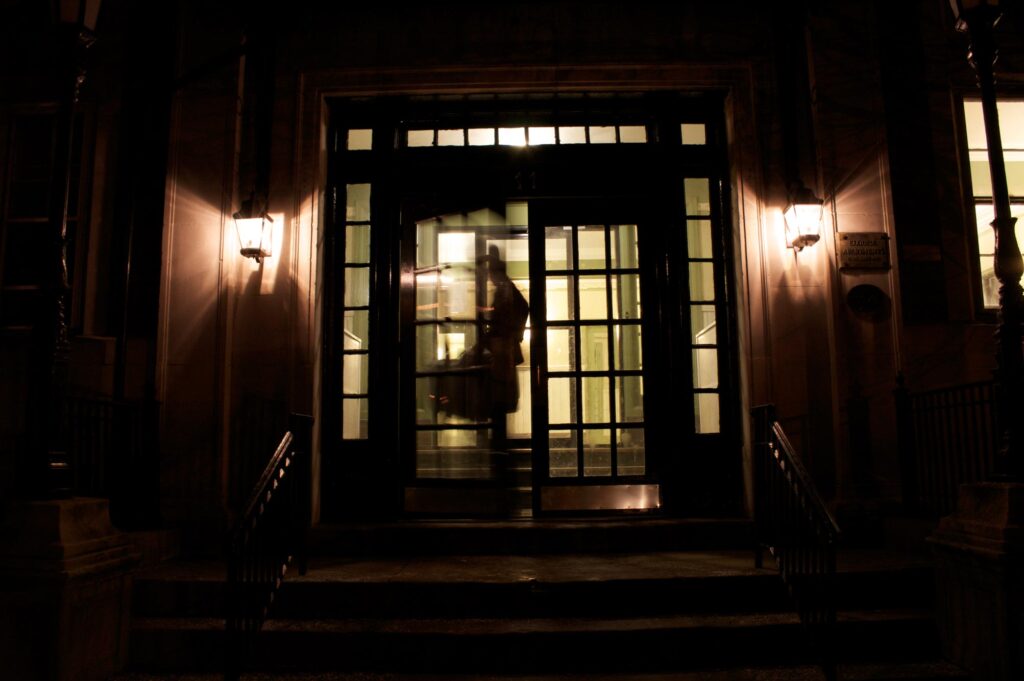‘Social media’ is often spoken about abstractly, removed from people’s actual experiences of using these platforms and participating (or not) in these online spaces. But in actuality — in the day-to-day and moment-to-moment ways in which people engage with them — social media spaces can bring us a range of emotions: joy and heartache, inspiration and distraction, connectivity and isolation. Each of us having our own personally curated experience online, separate from that of others, yet intrinsically entwined at the same time, presents a paradox that can muddle reality, breakdown communication, and distort our perception of self and others.
One step to injecting humanity back into these spaces and to creating more mindfulness in our media use is to listen to and reflect upon the experiences of others — which in turns helps us to reflect upon our own.
We hope you’ll join us in this exercise, and if you are feeling brave, please share your experiences with us.
intention
While we recognize the limitations of any singular blog post’s ability to answer big questions like the ones we’re asking, our intention is not to tell you everything there is to know about this issue, but rather to open up a space for conversation, reflection, curiosity, and a consideration of all the other questions this one question sets in motion.

Describe your experience of social media in several sentences:
I’d like to think back and say I had complete control but the truth is social media had me mesmerized by its infinity of vibrant and sometimes dark pixels. I deleted my Facebook a few years ago, partly because my parents had joined, partly because I wanted to close the door on my drunk college photos and enter the stage of being a professional. “I’m still on Instagram”, I would tell my friends. I felt like Instagram was different. Less verbiage, more images, less opinions and more art… or so I thought. I enjoy taking photos and for me, Instagram was my personal gallery and in a way, was a glimpse of who I am, “the public me”.
Without Facebook, Instagram serves as a way to keep up with people, updates on who is getting married, who is sick, who didn’t get the brunch invite you’ve seen it all. After a day’s work on the computer I would find myself aimlessly scrolling. Maybe it was a way to relax, maybe part of me wanted to be in someone else’s shoes. When the pandemic hit, I had less photos to take. My ‘gallery’ started to feel a little outdated and I didn’t have a clue how to spruce it up and keep the likes coming.
Why did I delete Instagram? The truth is, I didn’t care. I felt like I’d had enough of seeing things I didn’t care to see. When you’re scrolling, sometimes you don’t even realize your finger is moving. Your brain slips into this comatose state and the last thing you’re thinking about is how to hop off the train. For me, it took deleting my account to take a break. I still have a gallery but it’s on the wall of my apartment.
-Sophie-Ann P., CO

Describe your experience of social media in several sentences:
Social media is just a tool, of course. Only as good or bad as the task it’s used for. Stay in touch with friends, tell your uncle happy birthday, build an audience. Or spread misinformation, cyberbully strangers, call someone a slur. Social media mimics the best and worst parts of human life, but at speed and scale and with an added layer of technological remove.
I don’t share much of myself on social media. Whether it’s a photo, opinion, status update, clapback—it’s all too easy to convince myself that no one really cares. So my involvement ends up being mostly voyeuristic. I turn to Twitter for my own curated blend of infotainment, to check in on the world, pulse-check the discourse. But rarely do I participate in it. Too self-conscious to join in, too addicted to stay away.
The deeper truth is that social media is not just a tool, of course. Even the most noble and disciplined of us cannot simply wield it however we see fit because social media is not inert. It is itself built and alive, a two-way tool engineered by Silicon Valley to capture our attention and mine the depths of our subconscious. So regardless of what we think we’re using it for, it’s primarily using us.
Do you feel like you have a choice with regards to whether or not to be online/active on social media? Or do you feel like you have to for personal/professional reasons?
Insofar as the teams of geniuses at Facebook, Twitter, etc. aren’t working around the clock to monetize my attention, I have a choice. I have no professional obligation to “be online” outside my need to be reasonably informed on current events and trends. Sometimes I feel at a personal loss for not being on Facebook. There is a certain kind of “friend” that qualifies as purely a Facebook friend. Someone you wouldn’t call and don’t text, but who you’d still like to remain in loose contact with, or who you’d like to be periodically reminded of. To me, Facebook’s greatest utility is its cataloguing of social history. It’s fun, and arguably healthy, to remember all the people you’ve shared experiences with. It’s a reminder of what’s possible.
What aspects of presenting yourself on social media and interacting with others online do you find empowering or enjoyable? Which do you find alienating or isolating?
I like when people find something I’ve shared funny. That part is validating and enjoyable. But it’s also mostly theoretical, as I’ve previously stated I don’t present or interact with people much on social media. For the most part, I find social media almost exclusively isolating, but I admit that it could be significantly less isolating if I used it differently.
Do you feel like you are able to represent your authentic self on social media?
I’m not sure we even have authentic selves, or I’m at least not sure what that term means. But to beg the question, I think social media by its nature precludes authenticity. To me, authenticity means something raw and unmediated. Social media places itself between people, limits the amount and kind of content that can be shared, introduces incentives and reward systems. What is authentic about that? We’re always editing ourselves I guess, even in live face-to-face conversation. Certain thoughts aren’t shared, motives stay hidden. We’re always protecting certain parts of ourselves, exposing others. Social media just makes it all easier, more obvious. In that way, I guess you could consider it more authentic, in that it’s at least more transparent about its lack of authenticity, to anyone who’s giving it any thought.
-Ivan

Describe your experience of social media in several sentences:
I use social media probably an unhealthy amount. I have several social media apps on my phone from SnapChat to Clubhouse. I use Instagram and Twitter most frequently. Almost 12 hrs each/week according to my screen time. You DO have a choice though. Social media will always be there. It is good to take breaks. But we live in a time where it’s no longer an added behavior but an inscribed behavior. You want to unsubscribe? Well you can’t. That being said I am off Facebook since I personally don’t see the value in it. I used to be a social media manager. At the time I got rid of my own social media because working for a company doing it 8hrs a day, then checking my own feed, was just too much.
I find that it’s fun to curate your own timeline or feed. You really have freedom to do what you want. Especially with more ephemeral content like IG Stories or SnapChat where you know there’s an expiration to the post. It is hard when you expect something to get more likes and it does not but, that’s not too difficult to get over. There are algorithms and all kinds of things working against you. I don’t find any of it isolating. It’s a communication tool. I have ‘met’ and had so many great connections because of these stupid apps.
Do you feel like you are able to represent your authentic self on social media?
I feel I can represent my authentic self. But there are many people who can hide behind a screen. Again it is a tool and unfortunately a lot of people can weaponize that. I think people are able to tell when something is authentic or not, even on a digital platform.
Have you ever had any negative experiences in social media spaces? If so would you describe the scenario for me?
I think the only negative experience I have had with social is that when I am consumed with my phone, it can affect relationships in the real world. Giving someone attention in the present space is a habit that I have tried to be more conscious of, especially since in the past, I was more glued to my phone. I have seen people get very belligerent on social media, but I tend not to engage or provoke that kind of behavior.
-Sam K., MA
questions to consider
Describe your experience of social media in several sentences.
Do you feel like you have a choice with regards to whether or not to be online/active on social media? Or do you feel like you have to for personal/professional reasons?
What aspects of presenting yourself on social media and interacting with others online do you find empowering or enjoyable? Which do you find alienating or isolating?
Do you feel like you are able to represent your authentic self on social media?
resources
EXPLORE our growing Media Literacy and Civic Engagement Reflection page for more information on how to engage your voice meaningfully!
